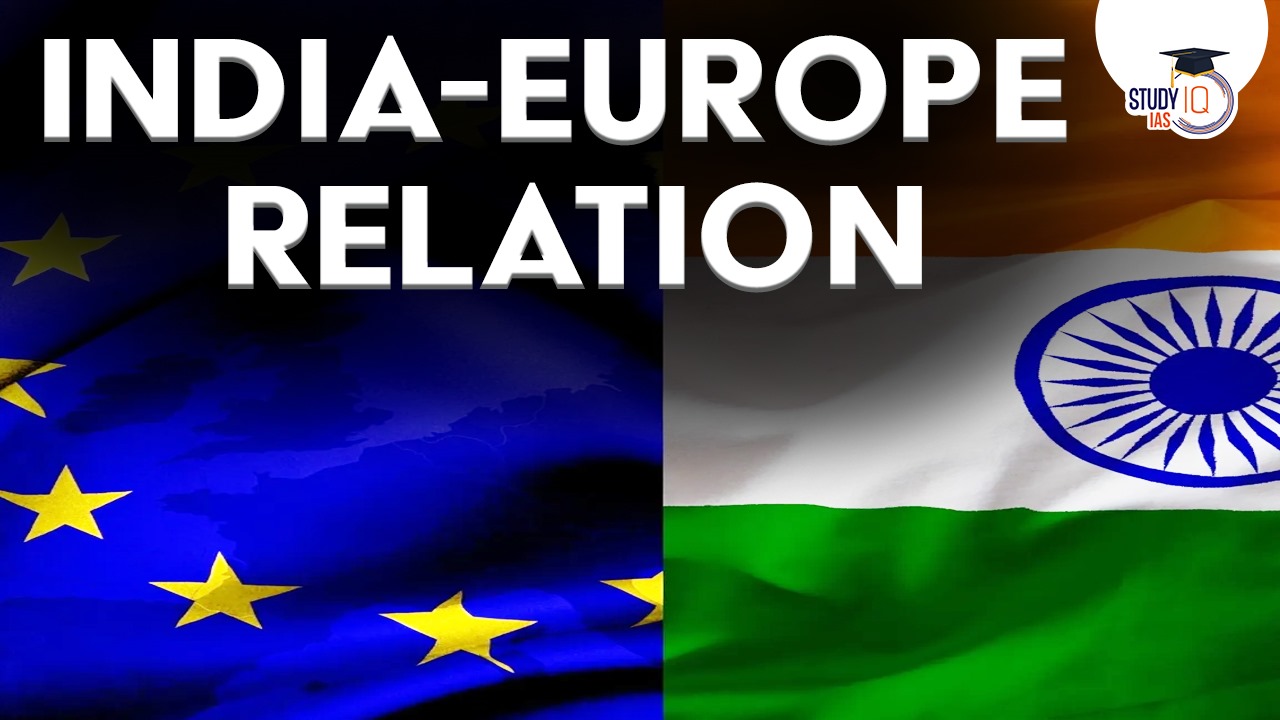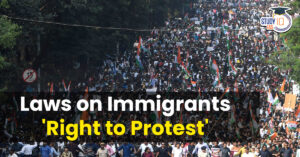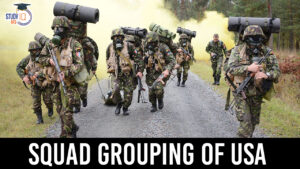Table of Contents
Prime Minister Narendra Modi’s visit to Poland and Ukraine marks a significant step in India’s effort to enhance its engagement with Europe, particularly Central Europe.
- It was the first visit by an Indian Prime Minister to Poland in 1979 and the first-ever visit to Ukraine since its independence from the Soviet Union.
- India’s recent visits to Poland and Ukraine underscore India’s approach of not viewing its relationships with Russia and Central Europe as mutually exclusive or a zero-sum game.
Key Objectives of Modi’s Visit to Poland and Ukraine
- Long-Term Engagement: India aims to establish sustainable and long-term relationships with Poland, Ukraine, and Central Europe.
- Peace Initiative: While not the primary focus, India’s visit could contribute to ongoing efforts to promote peace and stability in the region.
- Economic Cooperation: India seeks to explore opportunities for economic cooperation and investment in Central Europe.
- Strategic Partnership: India aims to develop strong strategic partnerships with Central European countries.
| The War in Ukraine |
|
India’s Strategic Engagement With Europe
- Historically, Europe was a relatively low priority for India’s foreign policy after its independence.
- India’s engagement was primarily focused on the major European powers: Russia, Germany, France, and Britain.
- In the past decade, India has significantly expanded its engagement with Europe.
- Prime Minister Narendra Modi has visited Europe 27 times during his first two terms and hosted 37 European heads of state and government.
- Similarly, during his first term as foreign minister, Subrahmanyam Jaishankar visited Europe 29 times, hosting 36 of his European counterparts in Delhi.
- The elevation of Europe in India’s foreign policy was accompanied by efforts to resolve long-standing issues with key partners.
- Example: Addressing the Italian Marines case, which stalled annual summits between India and Brussels.
| About the Case |
Aftermath
|
- Strengthening Economic and Strategic Ties: India has revived trade negotiations with the European Union (EU) and concluded a trade and investment agreement with the European Free Trade Association (EFTA) group.
- Additionally, India established a Trade and Technology Council with Europe, launched a technology security initiative with the UK, outlined a joint defence industrial roadmap with France, and engaged in regional security cooperation with Europe in the Indo-Pacific.
- The unveiling of the India-Middle East-Europe Corridor (IMEC) further underscores this deepening relationship.
- Engagement with Smaller European Nations: Beyond major powers, India has stepped up its engagement with smaller European nations, including collective diplomacy with sub-regions like the Nordics and Baltics.
Strategic Importance of Central Europe
Central Europe, particularly Poland and Ukraine, is emerging as a key area of focus for India.
Poland’s Economic Standing
- Poland is the largest economy in Central Europe and ranks 8th in Europe.
- In 2024, Poland’s GDP is projected to be approximately $844.6 billion.
- The country has a diversified economy with significant contributions from industries such as machine building, iron and steel, mining, and food processing.
Ukraine’s Strategic Importance
Despite the ongoing conflict, Ukraine remains strategically important due to its agricultural potential and defence industry:
- Ukraine has historically been known as the “breadbasket of Europe” due to its fertile soil and significant agricultural output.
- Before the war, agriculture accounted for a substantial portion of Ukraine’s GDP.
- Even amidst the conflict, Ukraine continues to be a major global supplier of grains and other agricultural products.
- Ukraine has a robust defence industrial base, which it is actively working to expand.
- The country is pursuing partnerships and joint ventures with international enterprises to co-produce defence materials, thereby strengthening its defence capabilities.
- These nations have greater agency today in shaping their destinies, and India’s engagement with them reflects a recognition of this new reality.
Conclusion
Modi’s visit to Warsaw and Kyiv is not just a diplomatic gesture but a recognition of the changing geopolitical dynamics in Europe. It aims to deepen India’s political, economic, and security ties with Central European states, acknowledging their growing influence in shaping the region’s future.


 Africa’s Nuclear Energy Market Status ...
Africa’s Nuclear Energy Market Status ...
 International Laws on Immigrants Right t...
International Laws on Immigrants Right t...
 SQUAD Grouping of USA, Key Members and I...
SQUAD Grouping of USA, Key Members and I...





















